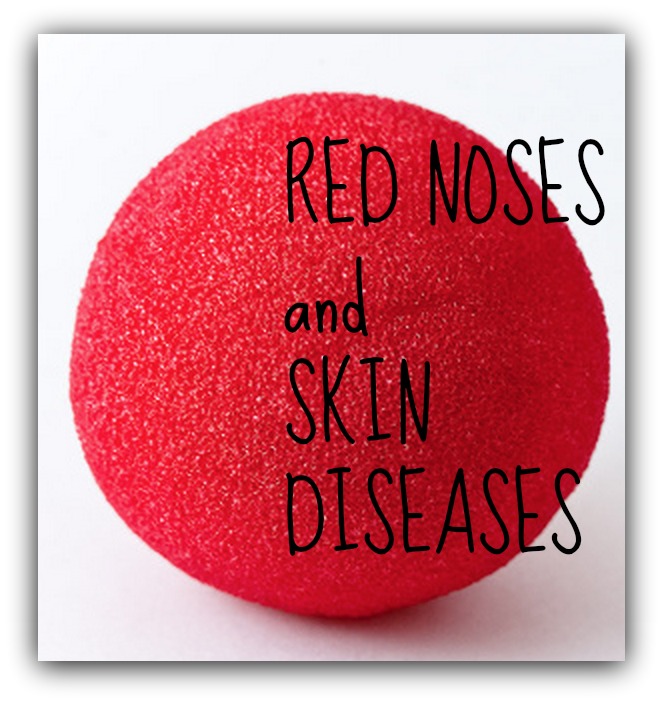Just as I was finishing up the post below about a short summary on the Endocrinology Today website, I saw a link at the bottom of the page that interested me. It took me to a blog post on the same site from December 10th titled “Why can’t it be my thyroid?”.
And a slew of thyroid patients around the world, as well as a growing body of doctors, would completely disagree with this post.
Namely, a DO explains the problem of patients arriving in doctors offices with “innumerable possible symptoms of hypothyroidism” including “fatigue, cold intolerance, decreased energy, weight gain, depression, hair loss, low libido, menstrual irregularity and others.”
Yet, he bemoans, these patients have a “normal TSH” which is “well within the normal laboratory reference range.” He also refers to their normal free T3 and free T4, and states there is no history to suggest pituitary dysfunction or that the TSH is unreliable.”
He then proceeds to pat himself on the back because he 1) will treat some patients with a high-normal TSH and other clinical features, 2) he will treat to a low-normal TSH of less than 2.0, but like the good-boy-doctor, “still within the normal laboratory reference range” and 3) he will not induce iatrogenic hyperthyroidism, even if symptoms persist. (yikes)
“Iatrogenic hyperthyroidism”?? Since “iatrogenesis” refers to harmful medical procedures, he’s probably referring to a TSH below the range, which in his mind, equates to hyperthyroidism.
***Then comes the observation that has made many thyroid patients shiver, since so many doctors have said it: because he feels that adding T3 to T4 has more negative results than positive, he explains to his patients “that there may be causes of their symptoms besides the thyroid.”
THUD.
So here is my 6-point response to any doctor who might share these beliefs:
1) There’s hardly a thyroid patient around who hasn’t had a so-called “normal” TSH in spite of clear and obvious hypothyroidism. The TSH lab test frequently lags behind what is reality in the body, and has been doing so since it’s creation in the early 1970’s (see Chapter 4 in the Stop the Thyroid Madness book for history).
2) Having a “normal” free T3 and free T4 means nothing. It’s “where” the result falls in that range that means something. i.e. patients all around the world are noticing that having a free T3 mid-range or lower in the presence of hypothyroid symptoms is usually a BINGO lab result pointing to hypothyroidism.
3) Exactly because doctors tend to dismiss clear hypothyroid symptoms as “something else” thanks to a lousy TSH reference range, a burgeoning number of thyroid patients are falling into adrenal fatigue with its low cortisol, which serves to mess them up even more.
4) A huge body of thyroid patients who are on desiccated thyroid hormones (aka Armour, Naturethroid, etc), and who finally have a complete removal of symptoms with a normal temperature and heartrate, also have a suppressed TSH lab result, and not one iota of “iatrogenic hyperthyroidism.”
5) When it appears that adding T3 to T4 is having negative effects, the problem is most likely adrenal fatigue that needs correction, and/or low ferritin, NOT deciding that the symptoms must be from another cause or T3 doesn’t work.
6) “Fatigue, cold intolerance, decreased energy, weight gain, depression, hair loss, low libido, menstrual irregularity and others” may be shared in other conditions, but you are most likely missing CLEAR symptoms of hypothyroidism, both in the undiagnosed patient with a so-called normal TSH, or with a patient treated with the lousy thyroxine, which leaves most everyone with continuing hypothyroid symptoms.
“I’m sorry. It IS your thyroid” is exactly what patients need to hear.
 (This page was updated in 2015. Enjoy!)
(This page was updated in 2015. Enjoy!)
 When IÂ was ten years old, my mother had electric shock treatment.
When IÂ was ten years old, my mother had electric shock treatment.